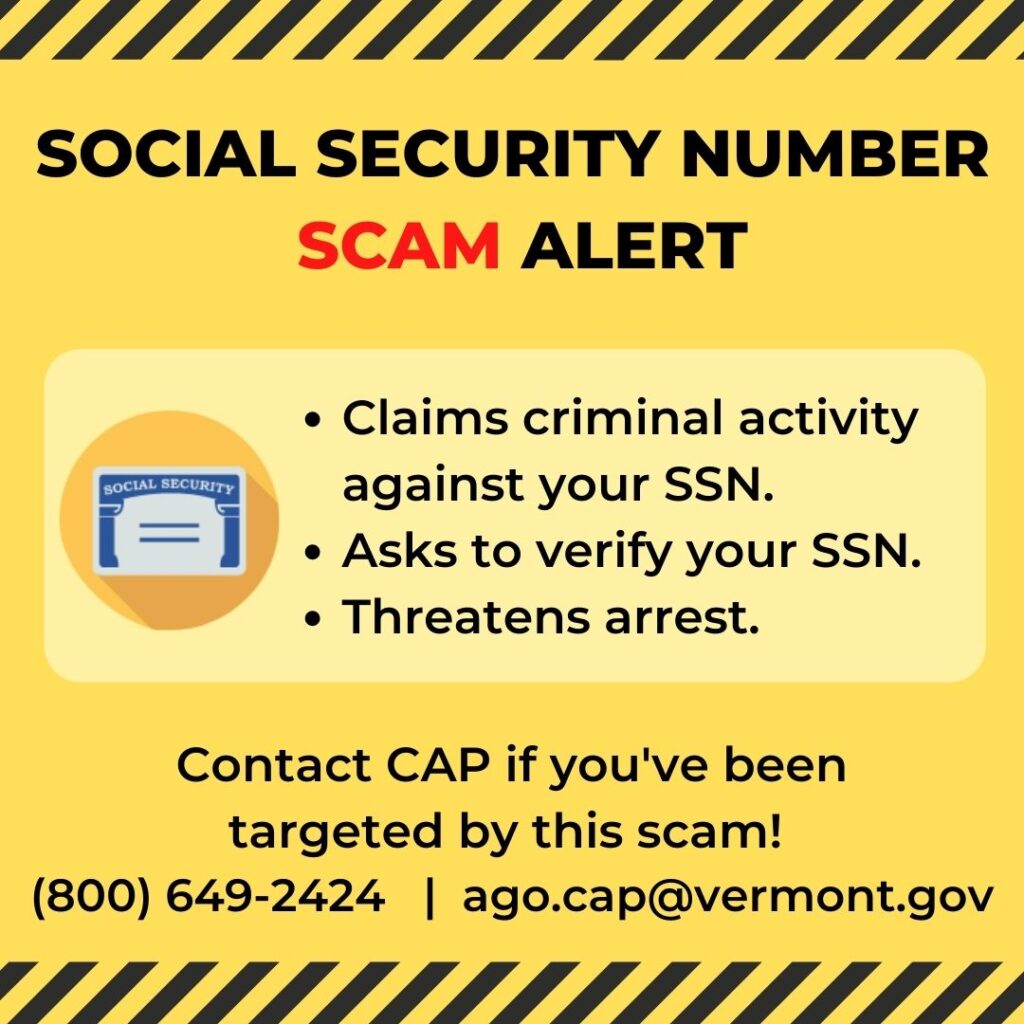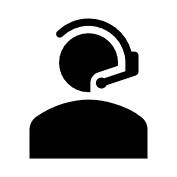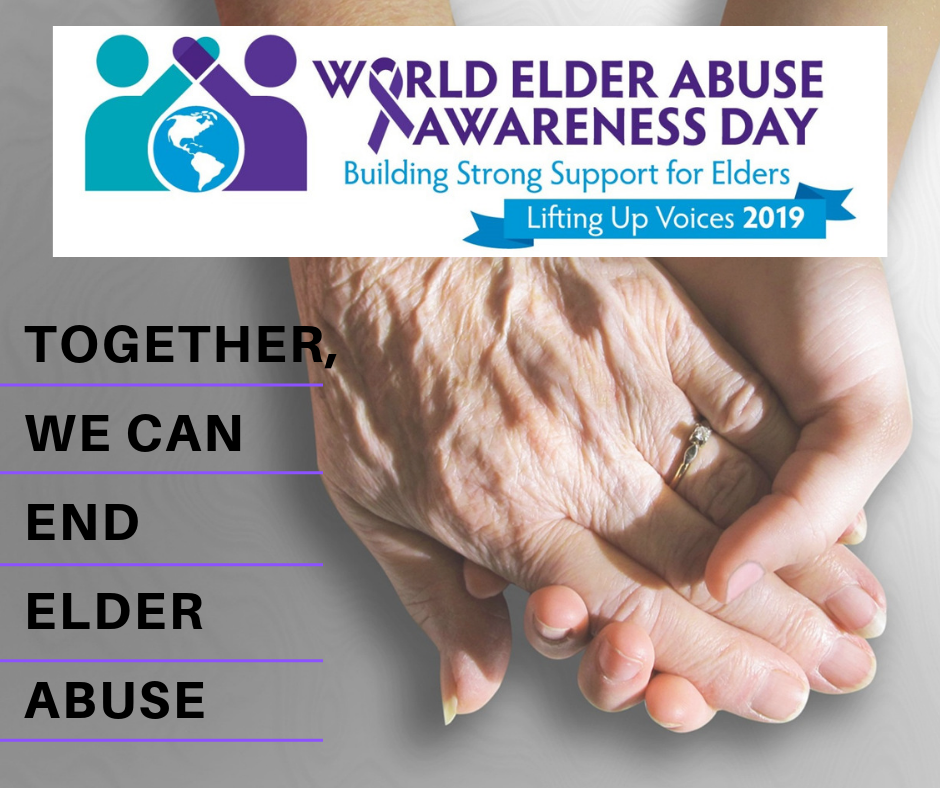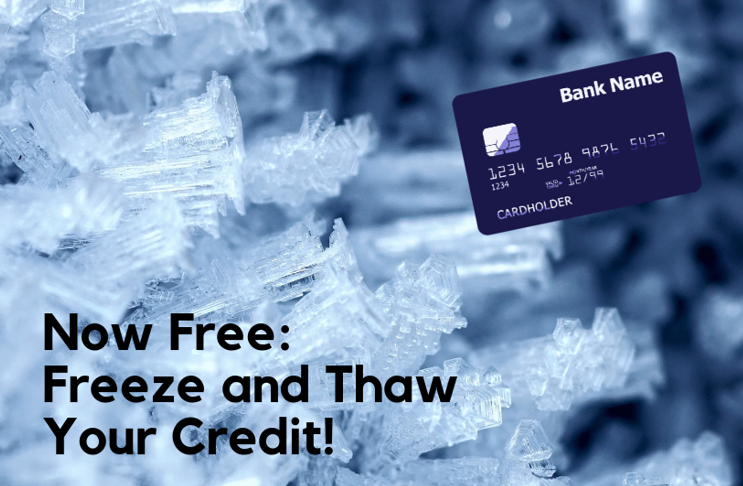Since August 1, the Consumer Assistance Program has received approximately 275 reports of the Social Security number phishing scam!
Here’s how the scam works:
- You receive a phone call stating that there has been criminal or fraudulent activity involving your Social Security number. The scammer may also claim to be a government agency or law enforcement, threatening arrest or serious consequences. The scam often begins as a robocall.
- If you “press 1”, you are connected to a live person, who claims to be a detective or law enforcement agent. They spin a detailed story about a crime committed involving your Social Security number.
- Then, the scammer attempts to obtain your personal information and money. Never provide your Social Security number or bank account numbers over the phone, especially to an unknown caller.
If you receive a Social Security number phishing scam call, hang up the phone! Do not press 1 or attempt to connect to a live person.
The Social Security Administration will contact you via official letters in the mail if necessary. If you receive a call threatening arrest, it’s a scam.

Take it SLOW: Scammers pressure you to act fast, demanding personal information and payment, while threatening extreme consequences if you do not comply. Don’t let them pressure you! Remember to slow down, hang up the phone, and log the call. All it takes is one call to someone in your life to talk it through. If you still need help identifying the scam, make an additional call to someone who cares. You can always call CAP, we care and can discuss scams with you.
If you do provide personal information to the scammers over the phone, here are some proactive steps you can take to protect your information and your finances:
- Report the scam to CAP: (800) 649-2424 or ago.cap@vermont.gov
- If you provided your Social Security number to the scammers:
- File an identity theft report with the Federal Trade Commission and your local police.
- Check your credit reports and place a fraud alert or freeze on your credit.
- Watch out for identity theft warning signs.
- If you provided financial information, such as bank account numbers or credit card numbers, contact the involved financial institutions right away.
- If you provided the scammers with a payment via gift card, call the phone number on the back of the card.
Contributing Writer: Madison Braz
Content Editor: Crystal Baldwin





